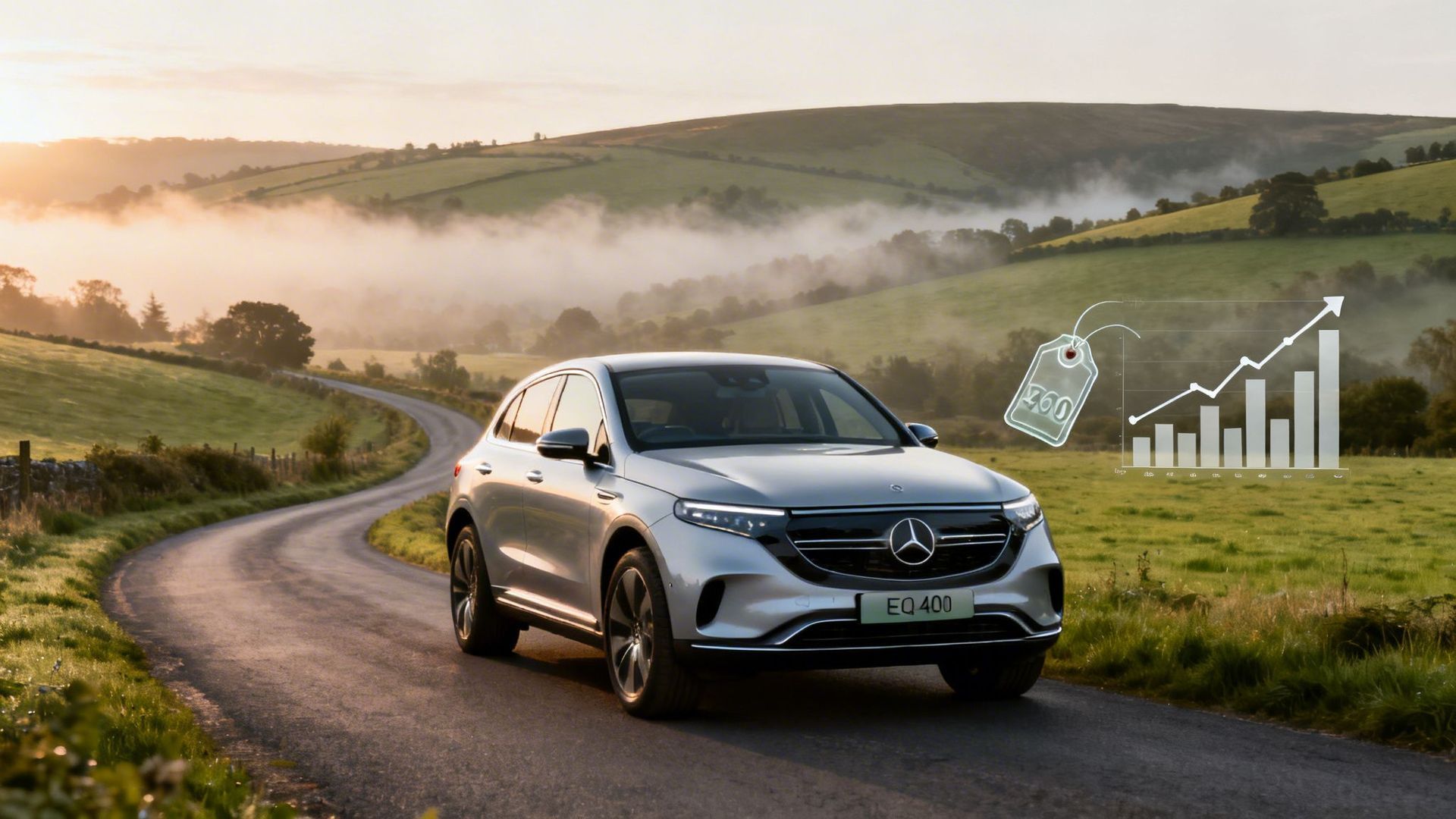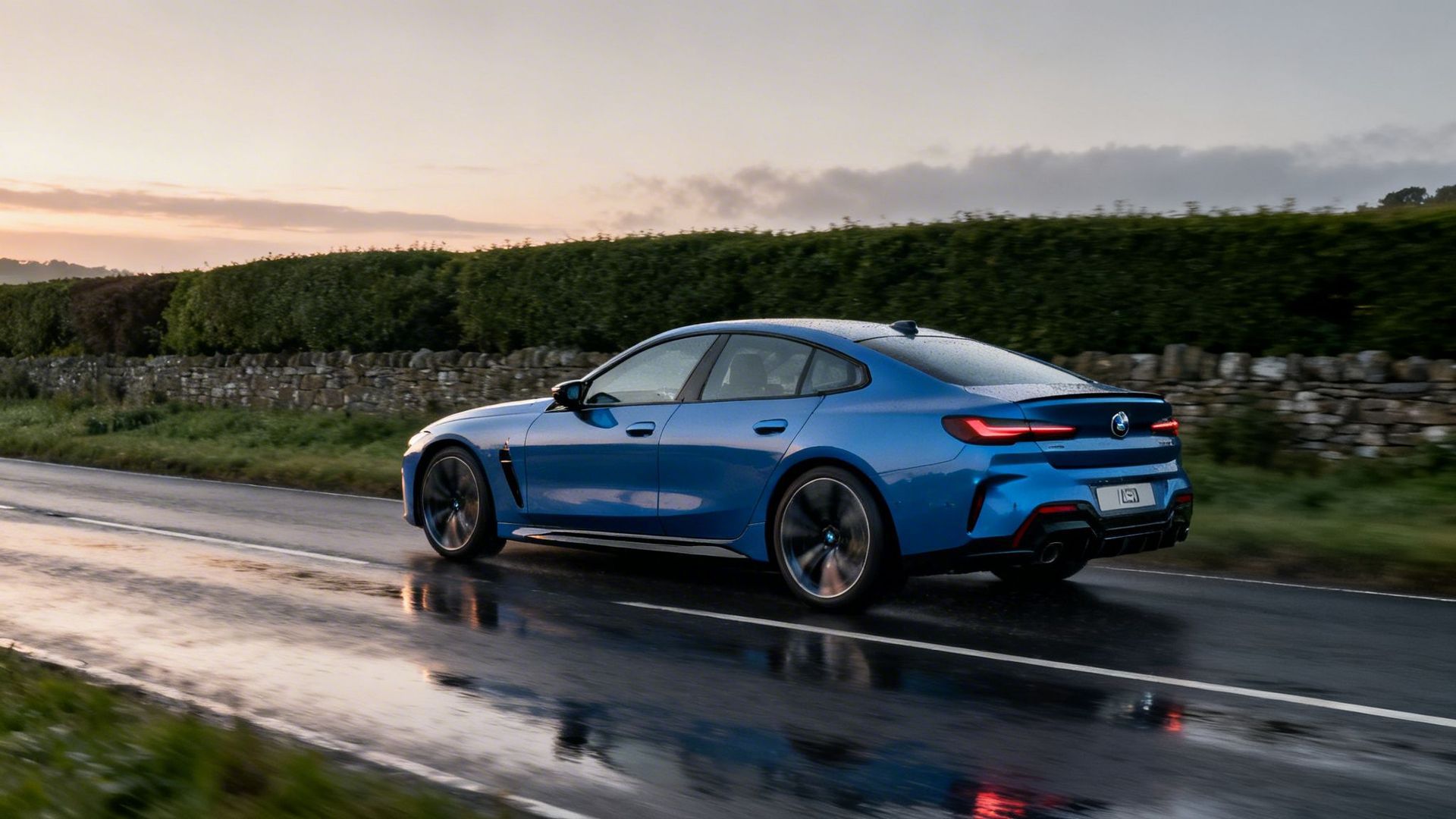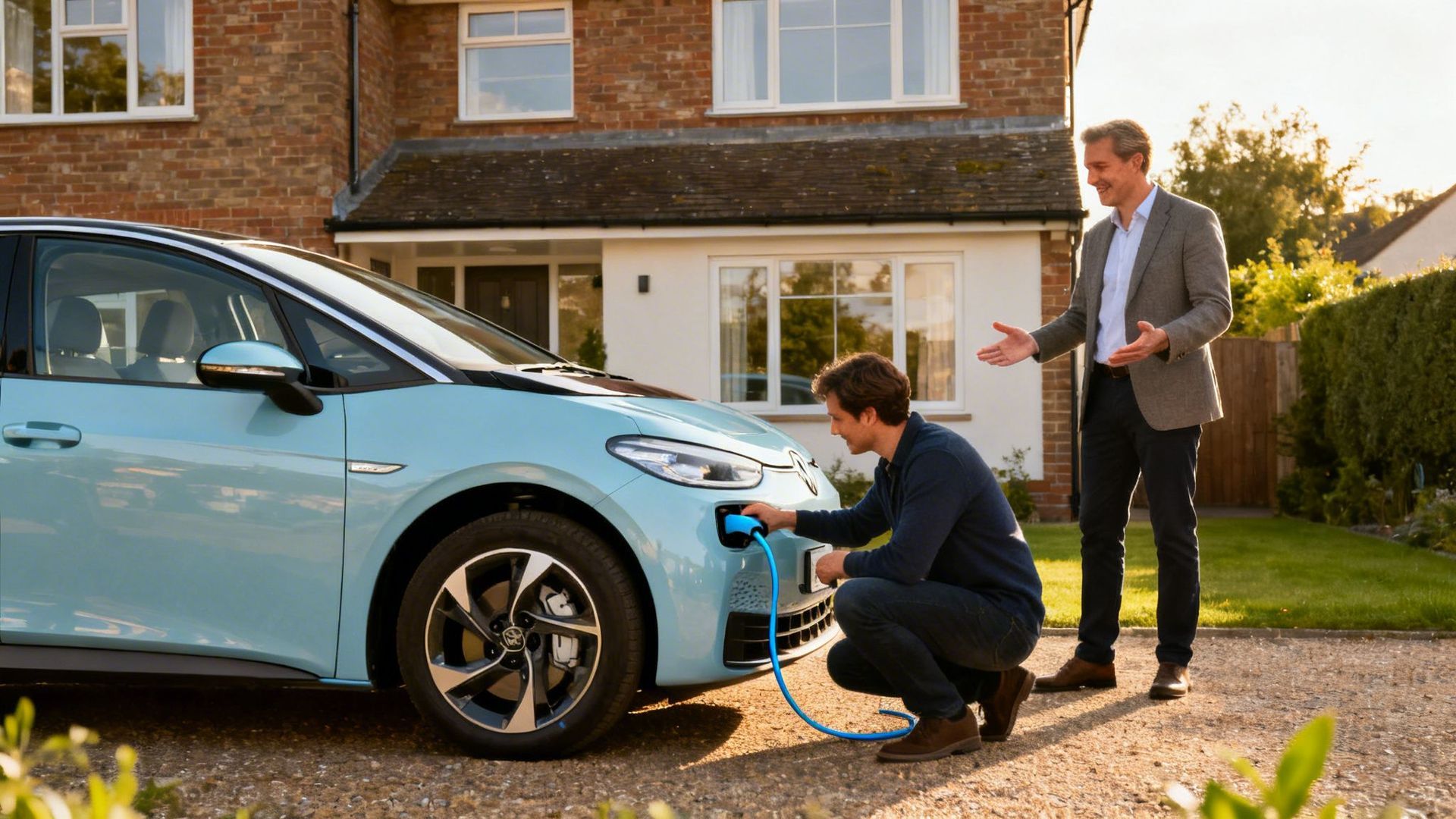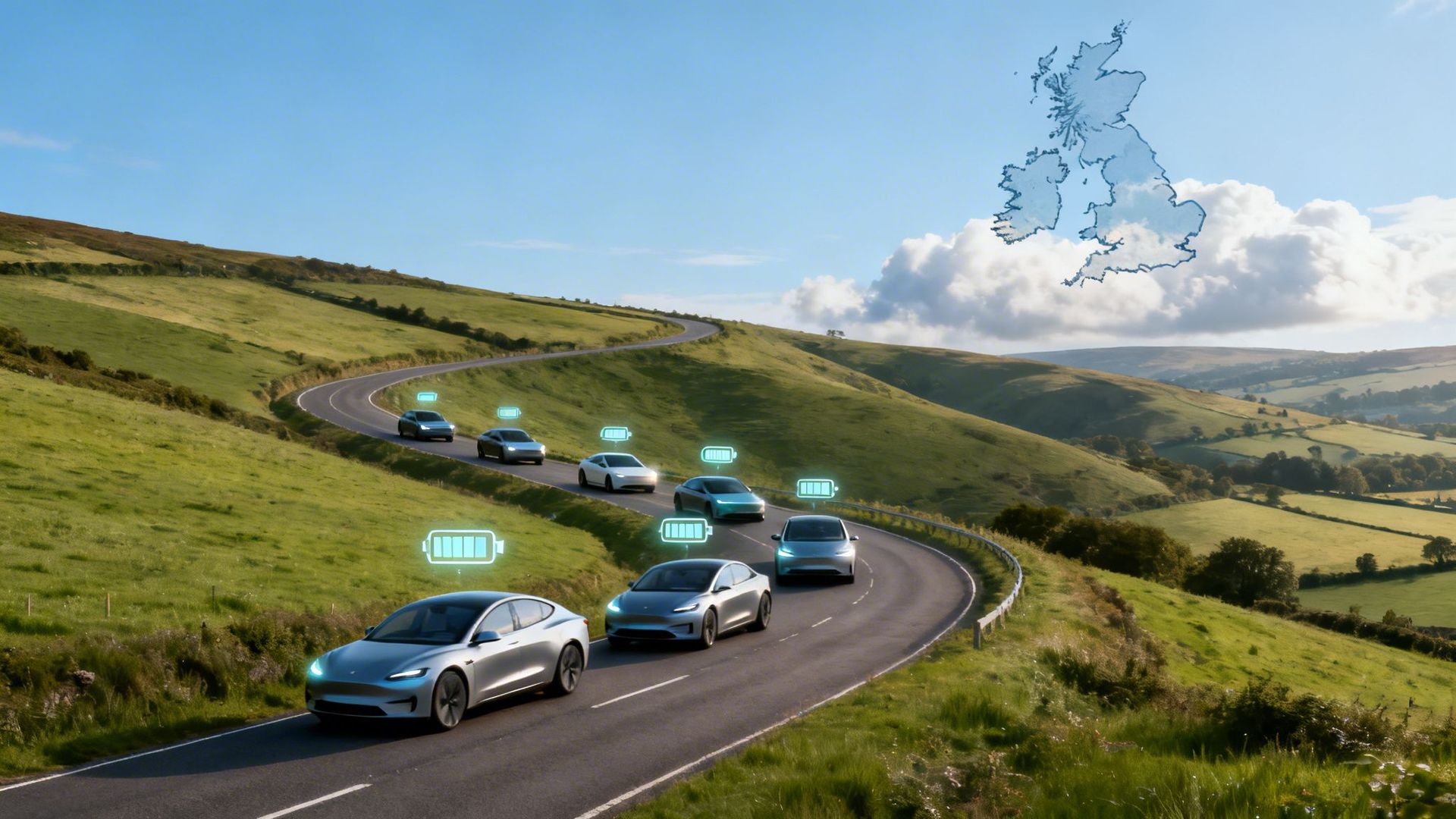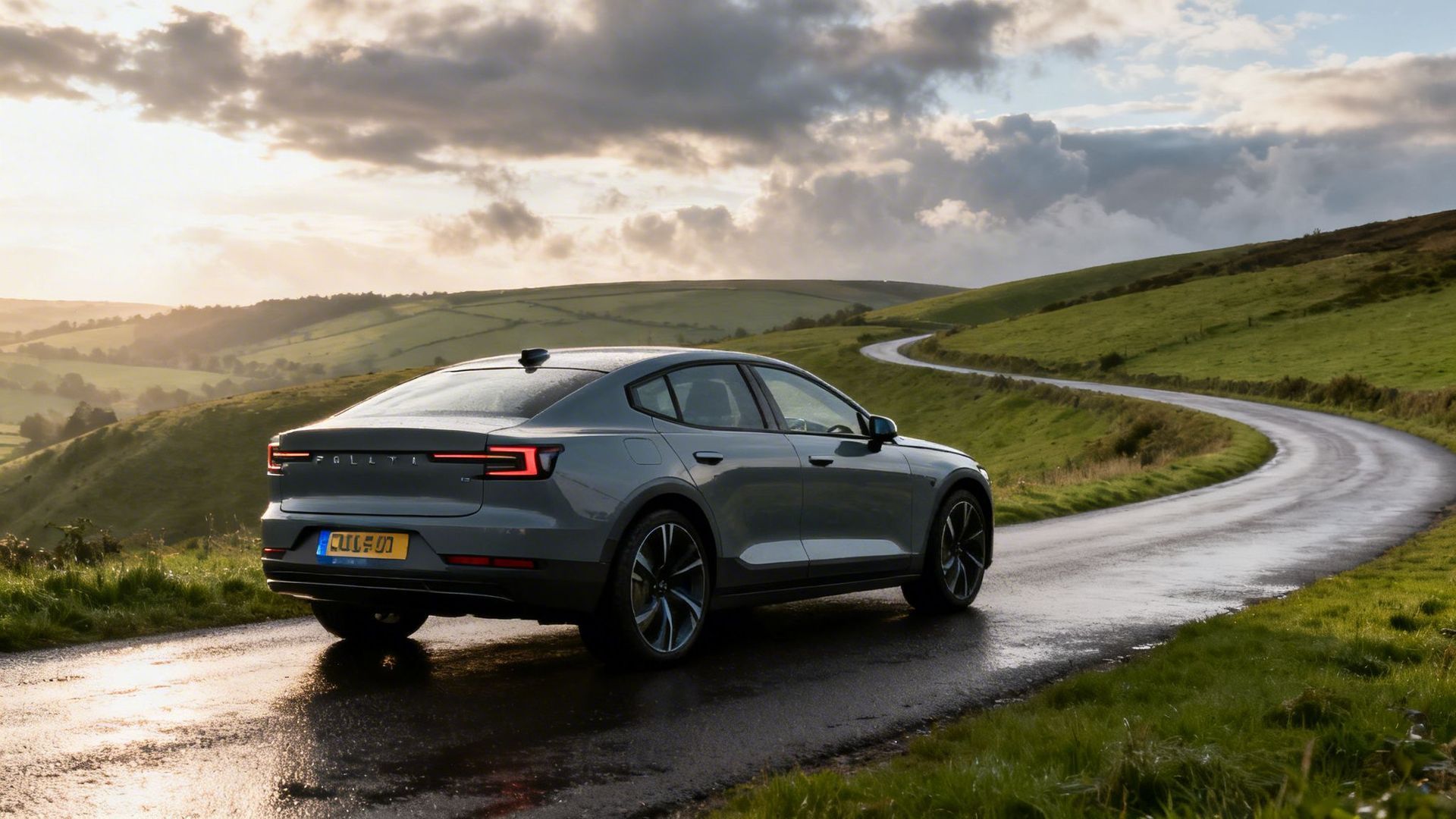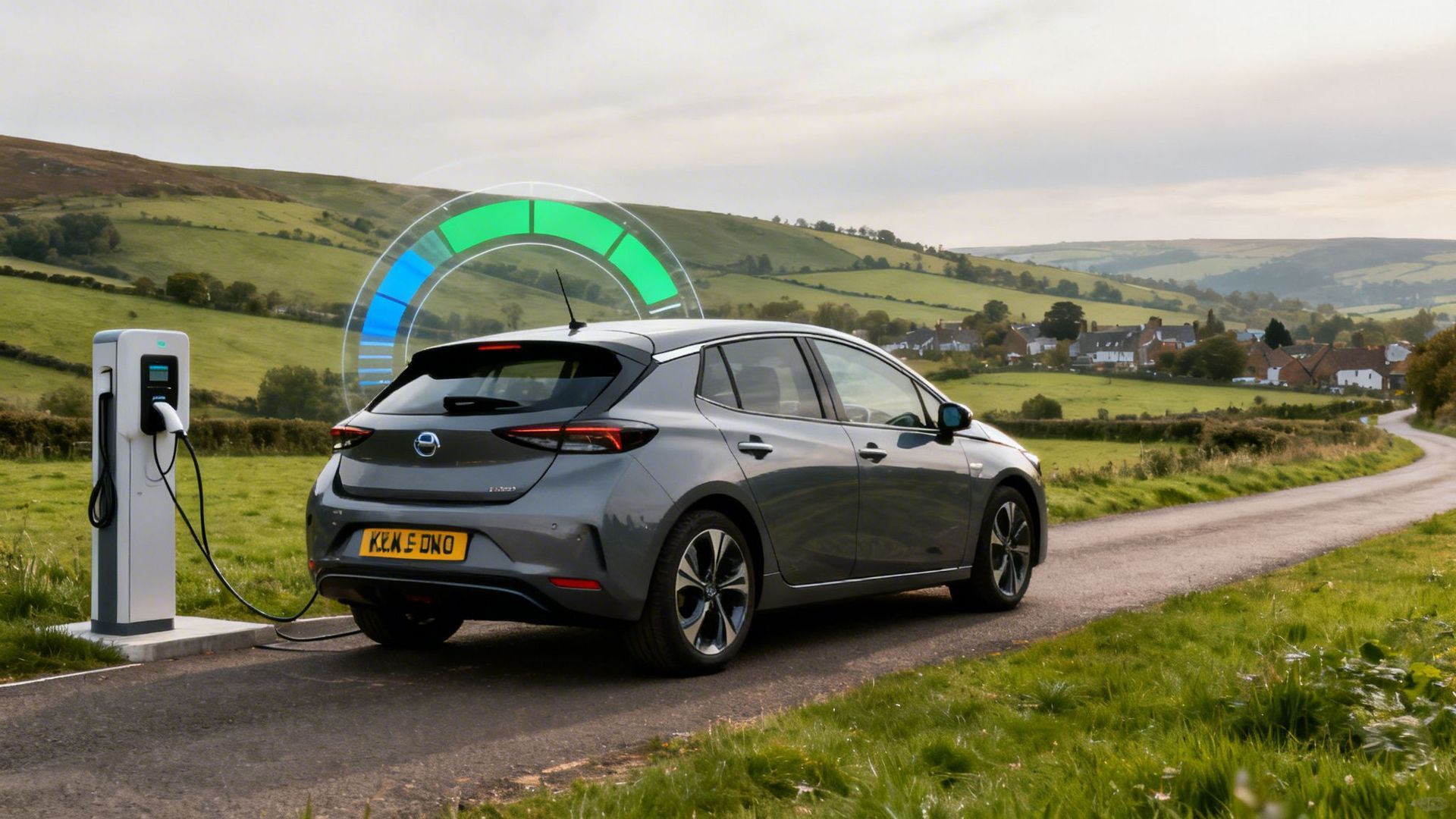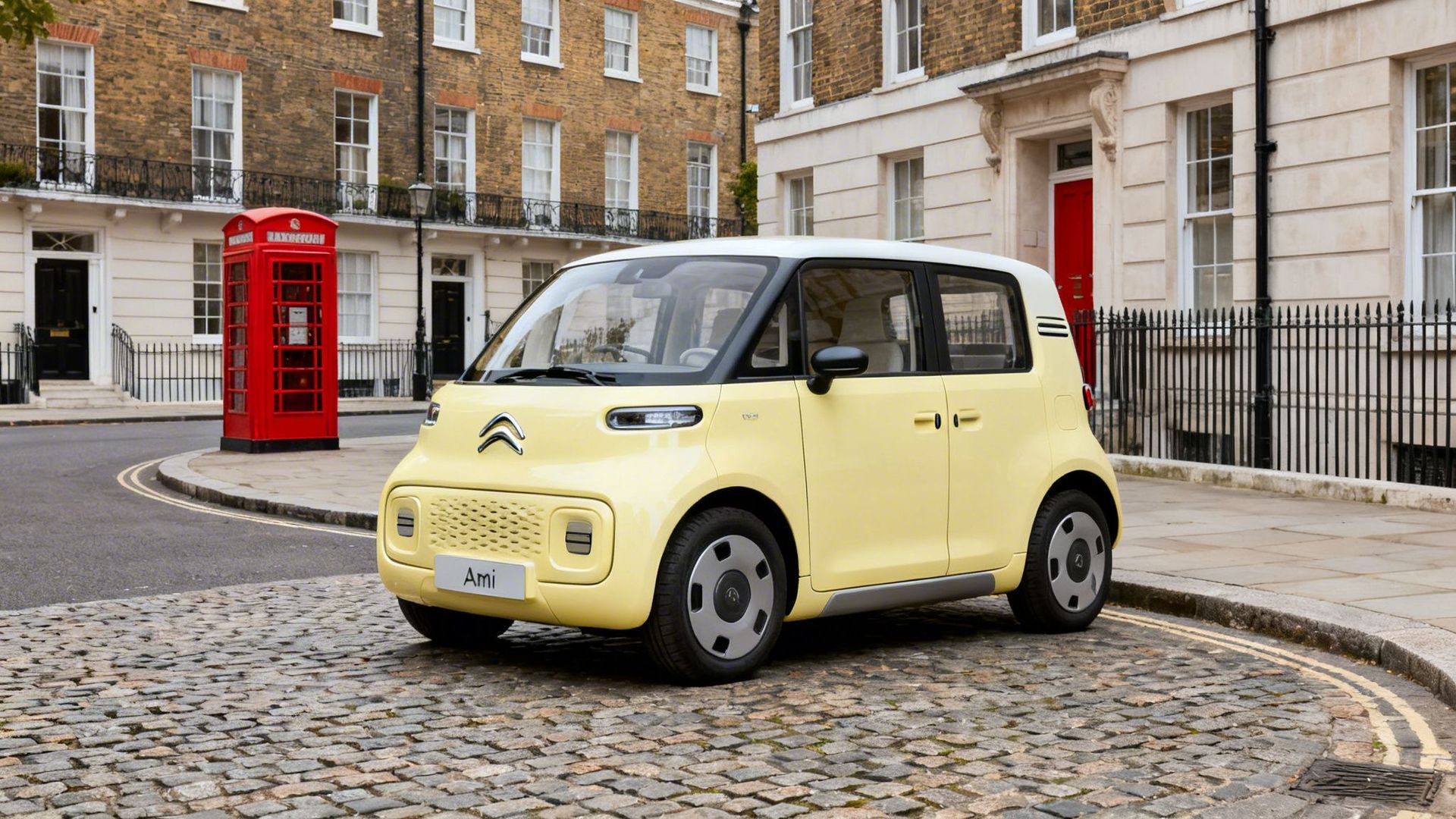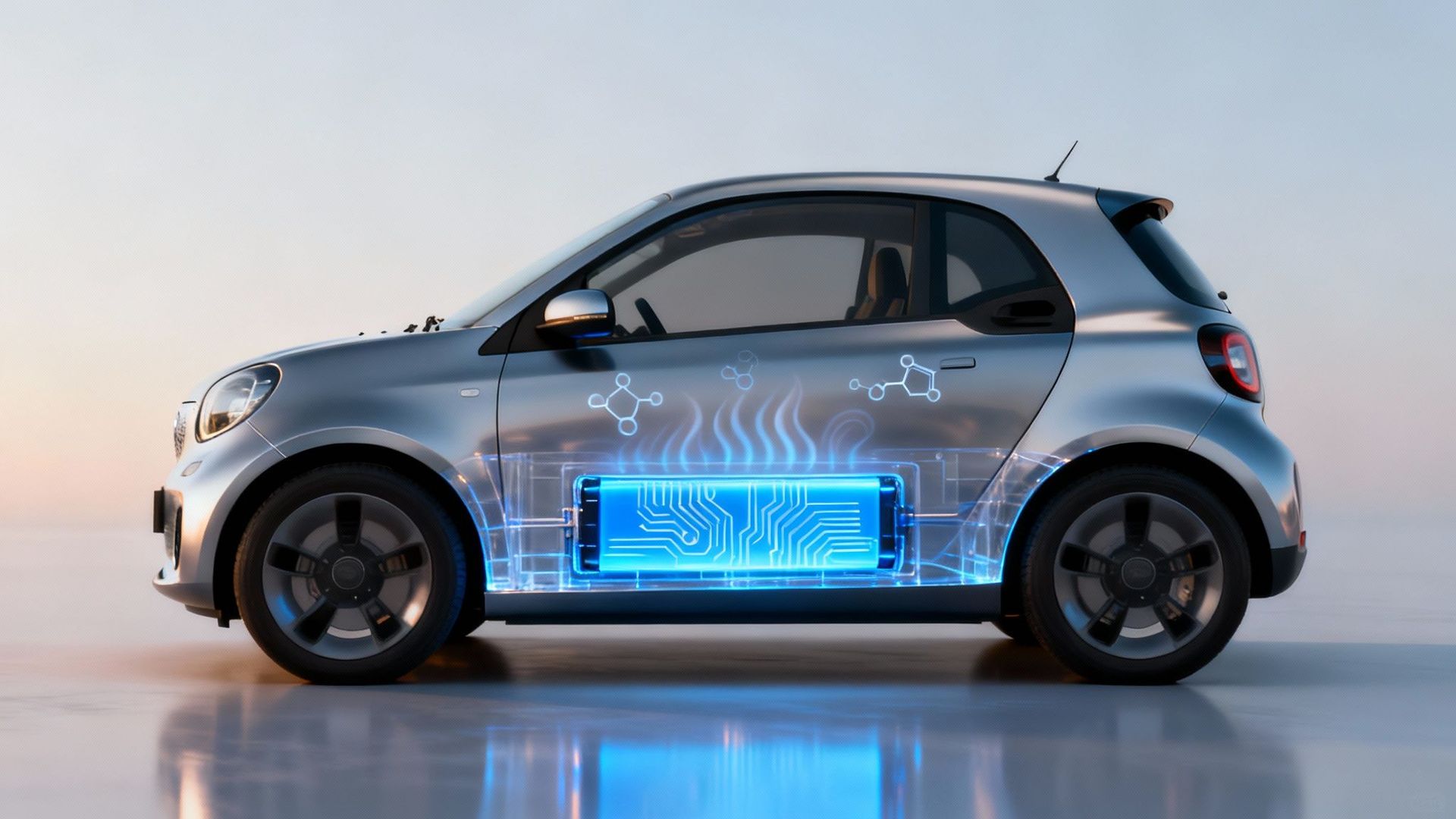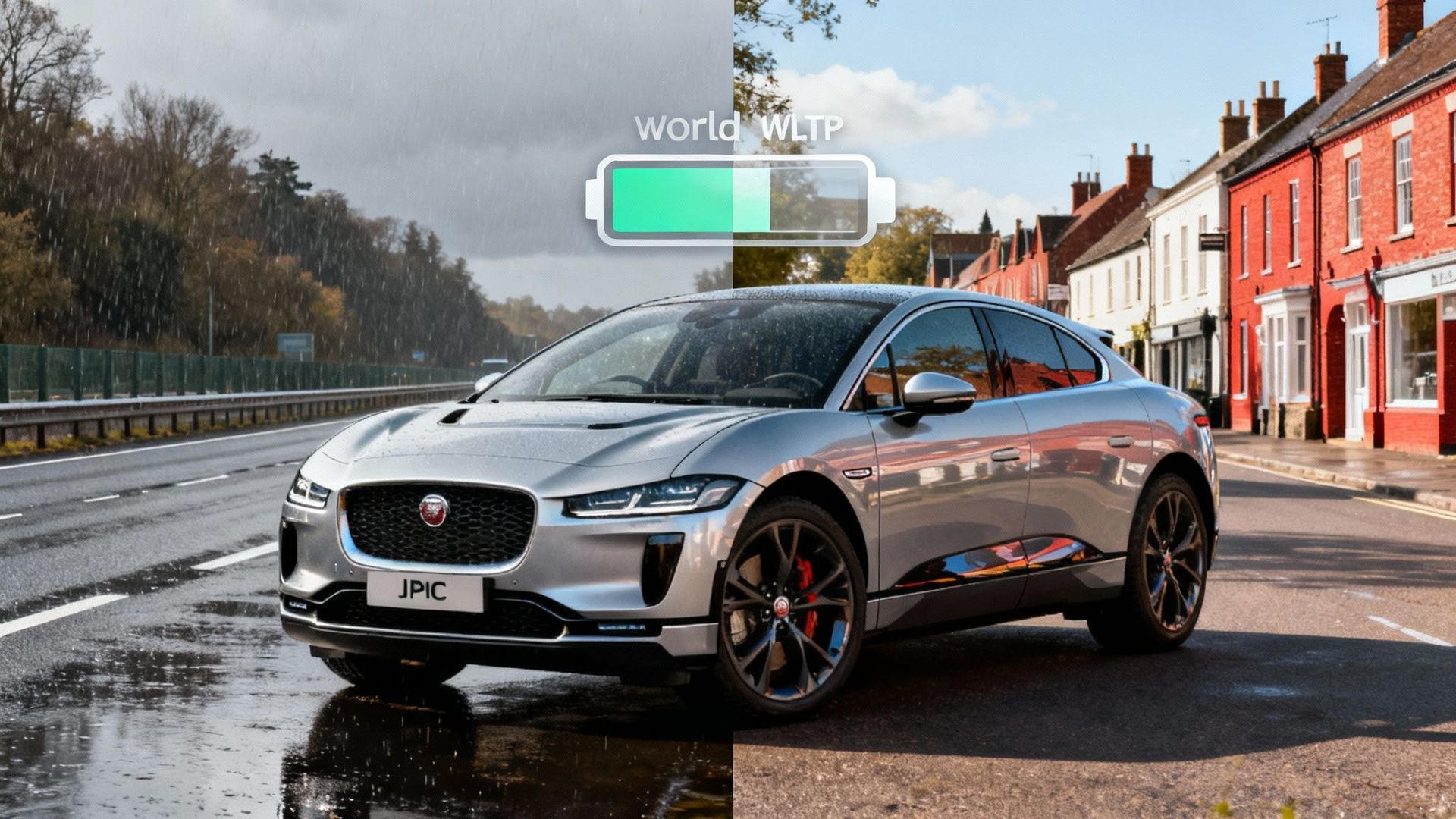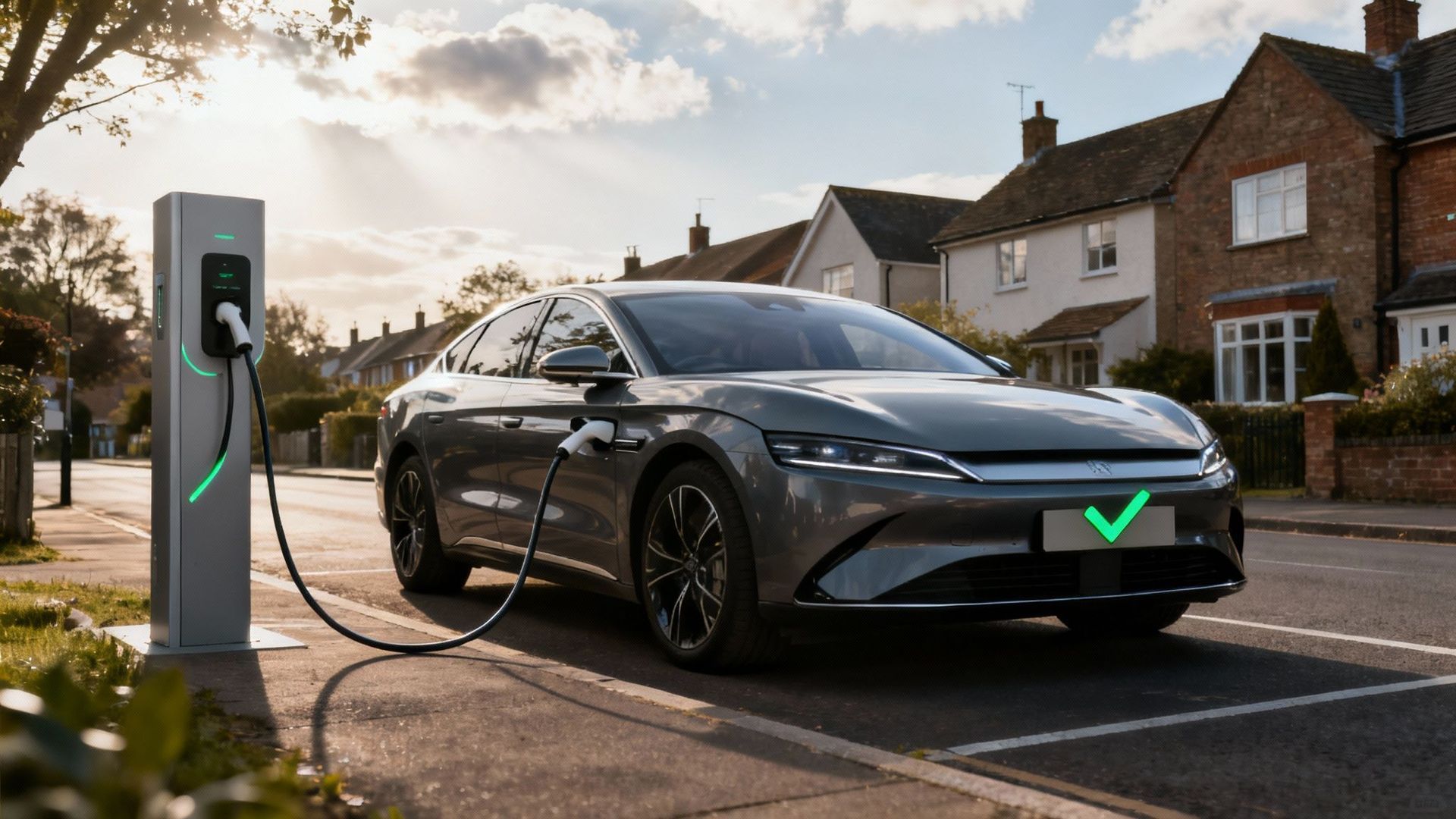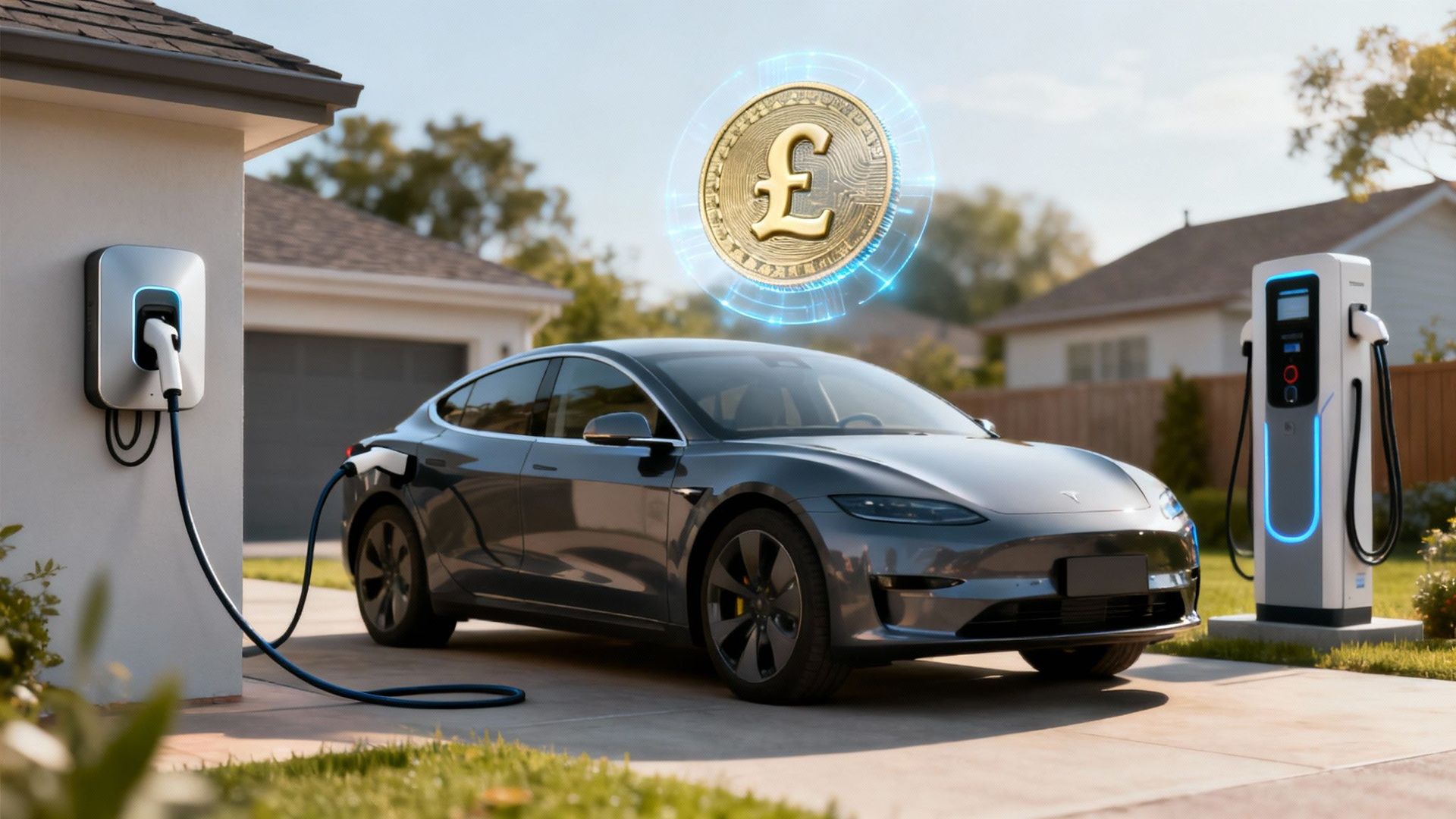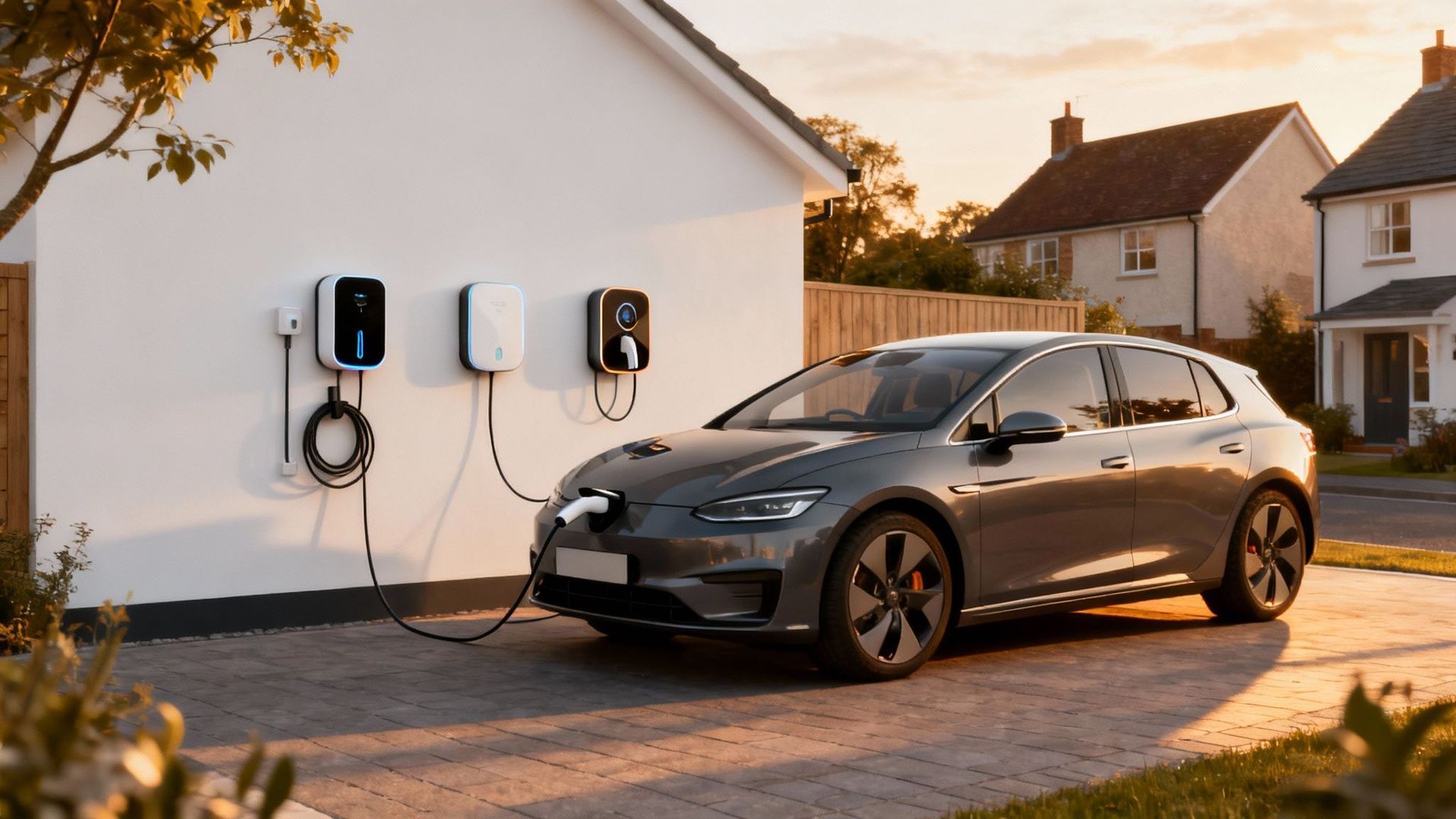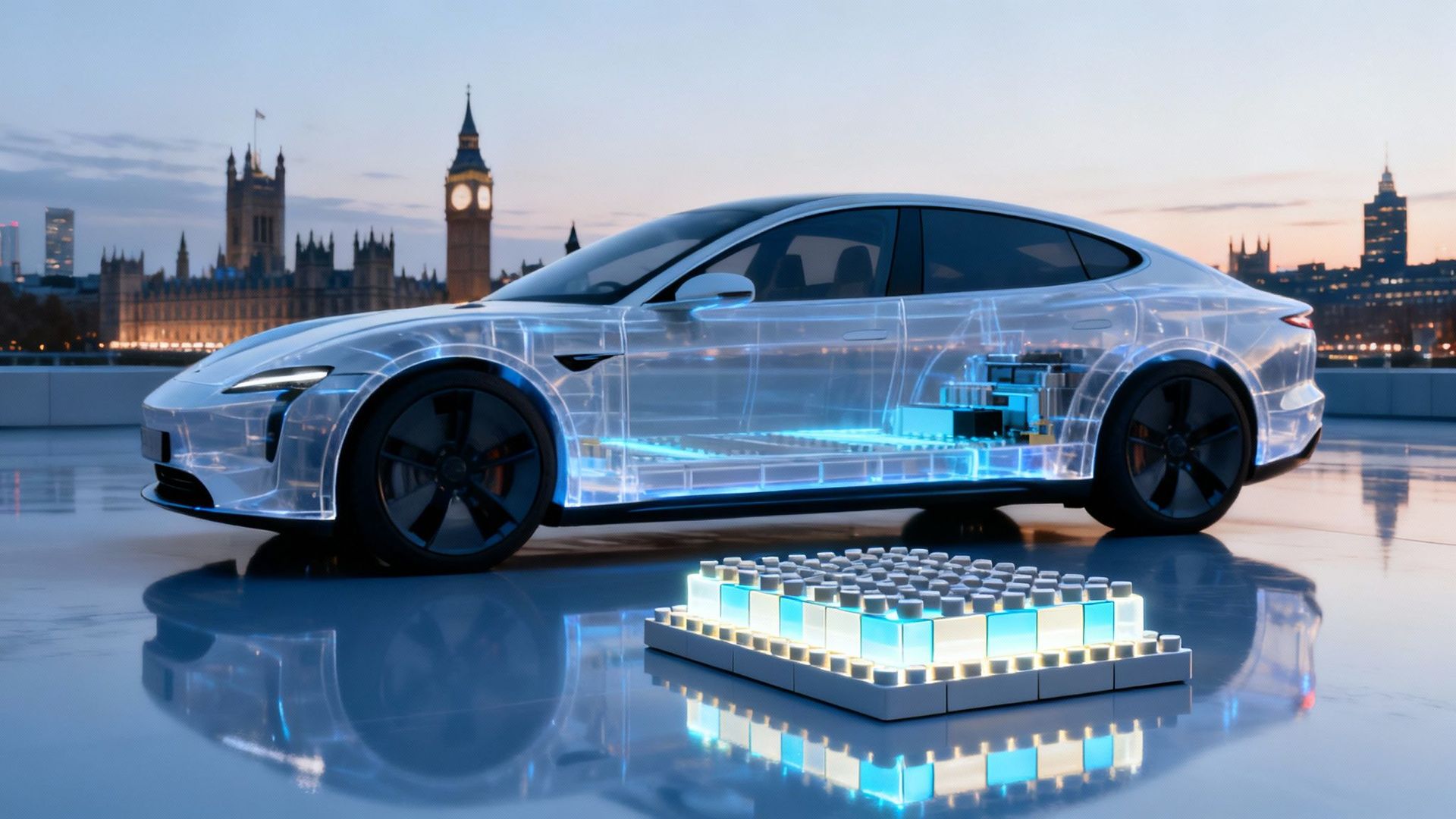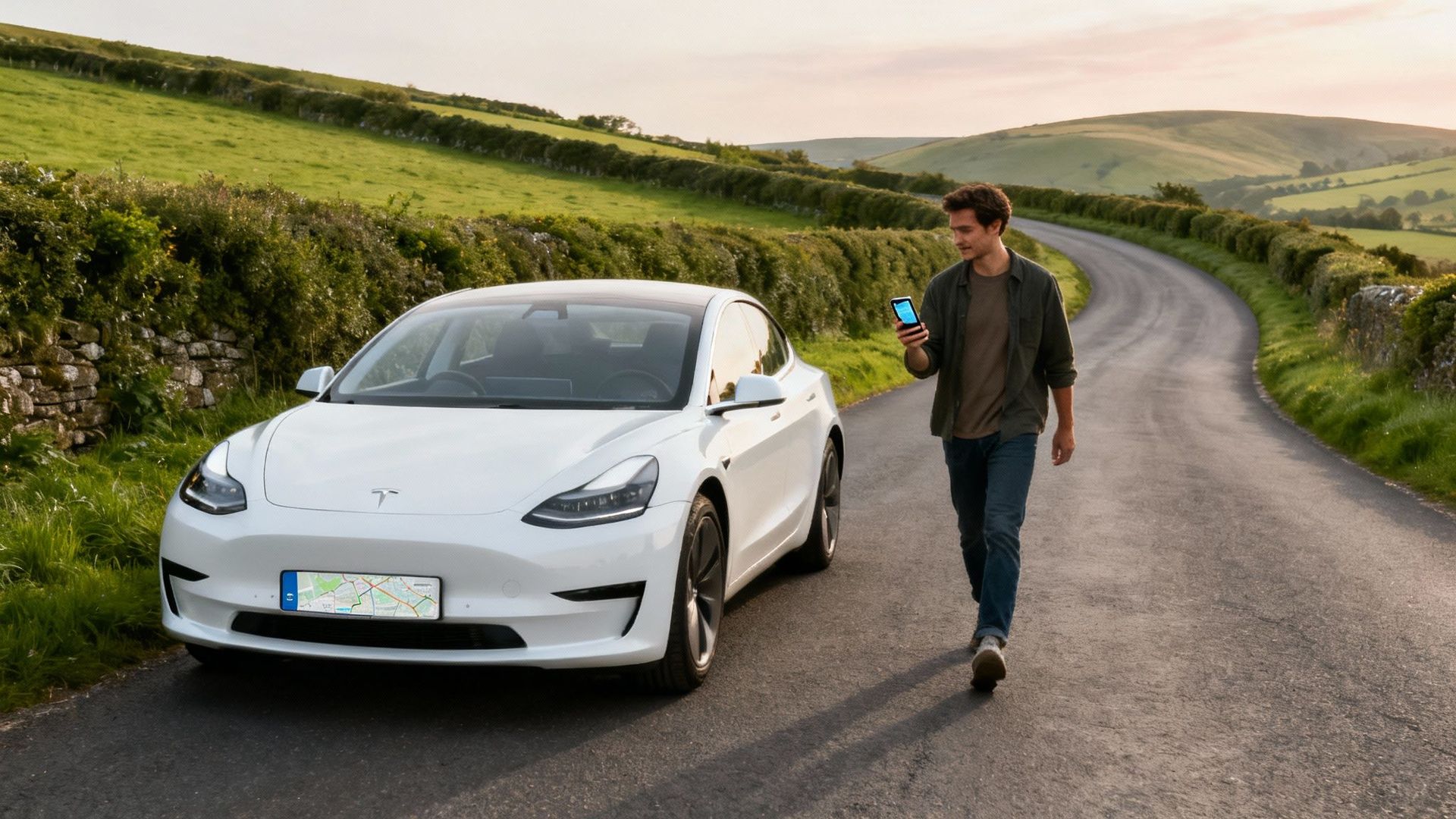Ferrari To Be 80% Plug-In By 2030
Ferrari is preparing for the electric future!
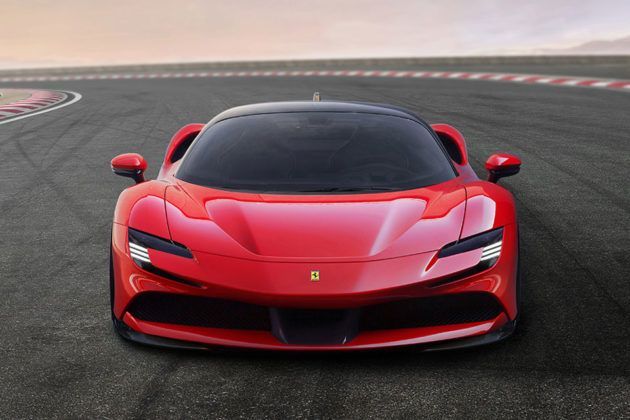
Italian supercar marque Ferrari has announced its plans for the transition to electric vehicles. Though publicly reticent on the matter, it seems even they have to meet EU and US regulations on zero emissions vehicle sales.
Using Cutting-Edge Cells
One of then highlights of the announcement is the way that Ferrari will make its batteries. Unlike major OEMs like Mercedes and Tesla, the Italian marque won’t make the cells in-house, but it will construct the batteries in-house.
This strategy will enable Ferrari to buy in the latest cell technology so its vehicles will have the very best such tech available. It could for instance be among the first to use solid state and other high performance cell technology that is not far from mass market adoption at the moment. If it developed its own cell technology in-house then it would be reinventing the wheel and often be behind the curve.
Where batteries are concerned - batteries being a pack of cells - Ferrari will make these themselves. This will allow them to optimise centre of gravity for example, allowing the car makers to get the very best out of their cars.
Motors
Ferrari is all about its engines isn’t it? The howl of its V8s and the power they deliver. With electric cars this is a bit of an issue! Ferrari set the target of increasing the power density of its motors by 10% every two years.
This sounds sexy but EV motors are already power dense beasts as it is, and battery power density is the bigger issue - batteries are a fraction of the power density of petrol and an order of magnitude bigger than the motors.
If you are an EV driver, sometimes it can be fun crawling up in silence behind a pedestrian and giving them a touch on the bum with your bonnet! Ferrari however want their machines to scream still and will be working on the sound of the motors very carefully for their customers to become emotional at the sound.
If you live in the countryside and are looking forward to birdsong being the main sound with the EV revolution you will be sadly affected by this, as grown-up men like screaming machinery in their ears apparently.
Widening Powertrains Options
Ernesto Lasalandra, Ferrari’s chief R&D officer, said “The powertrain offering will become wider in the future, including electric, hydrogen and alternative technologies.”
This will mean that Ferrari are looking at hydrogen as well as vegetable oil engines too. Currently using vegetable oil derived fuels largely means diesel engines - not a good thing for supercars - but hydrogen could be interesting. Fuel cells require a big car with a small car insides, but could Ferrari be hinting at a hydrogen combustion engine? That would make the noise we looked at above and could achieve something quite special. Hydrogen combustion engines haven’t hit the commercial market just yet, but could be very exciting indeed if Ferrari do it!

